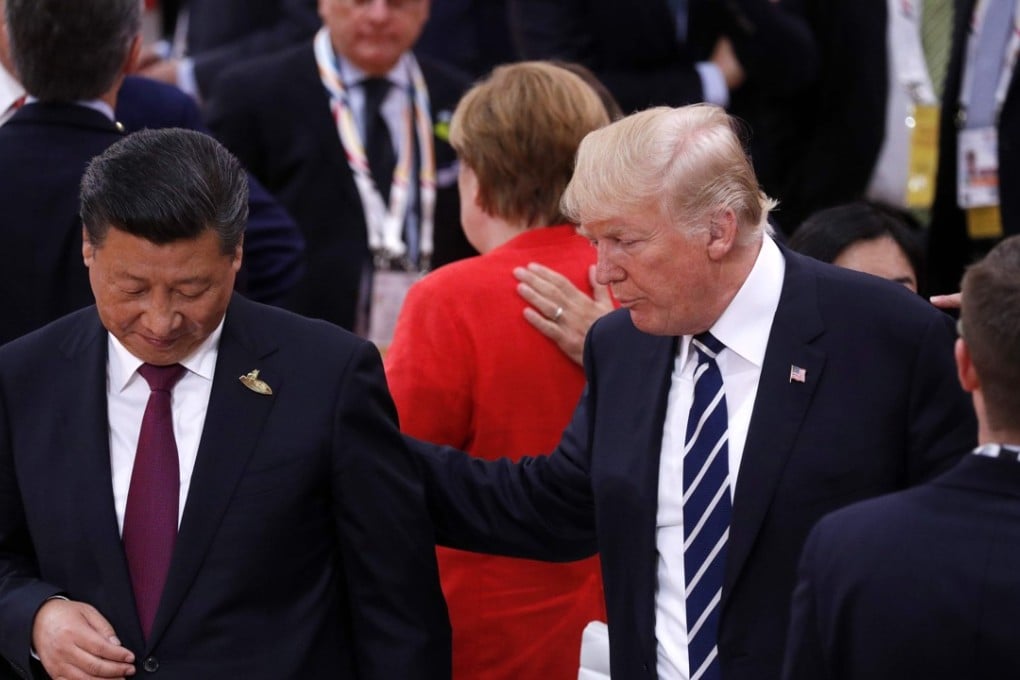Trump as JFK? How haters and the media are underestimating the US president on North Korea
Niall Ferguson says after three predecessors chose inaction, Donald Trump’s willingness to use the threat of force as North Korea escalates its nuclear programme recalls John F. Kennedy and the Cuban missile crisis

“The growth of the power of Athens, and the alarm which this inspired in Sparta, made war inevitable.” This is the most famous line of Thucydides’ History of the Peloponnesian War. Will a future historian one day write that the growth in the power of China, and the alarm this inspired in America, made war equally inevitable? Harvard’s Graham Allison fears the answer could be “yes”.
But the biggest flashpoint is without question North Korea, which brings me back to Thucydides and Graham Allison’s Destined for War , this summer’s must-read in both Washington and Beijing.
Thucydides was an Athenian general during the war between the Peloponnesian League (led by Sparta) and the Delian League (led by Athens), which lasted from 431 to 404 BC. The reason his history of the war is still read today is that it pioneered the kind of explanation of past events historians still use. Gods didn’t cause the war. Men did.
Small powers often cause big trouble ... today’s catalyst for conflict is North Korea
If you read Thucydides, you see the crucial role played by smaller powers in leading the two big powers down the road to war. The initial clash was in fact between Athens and Corinth; war came when the Corinthians appealed to the Spartans for aid.